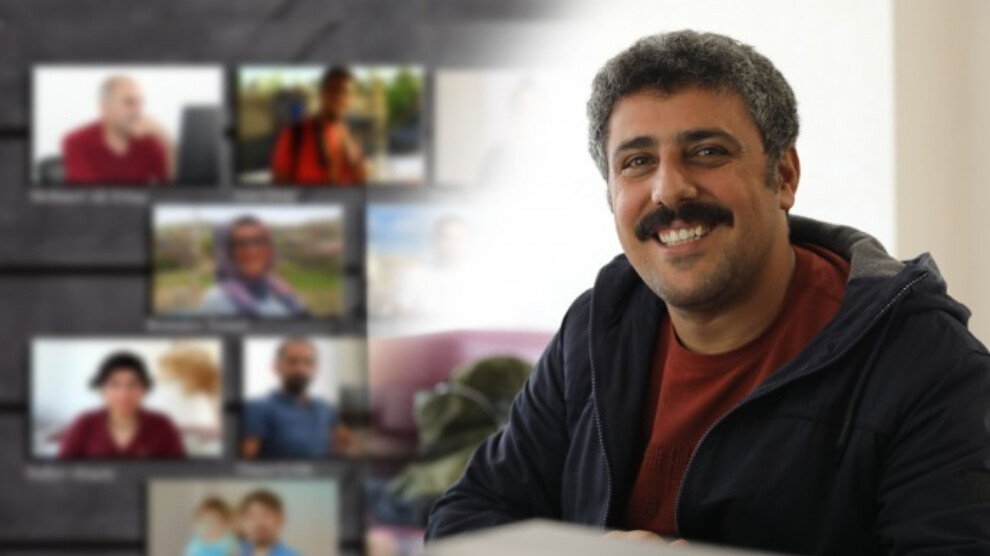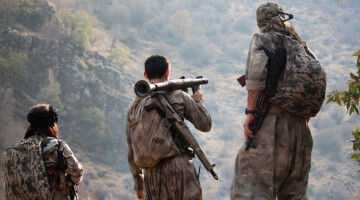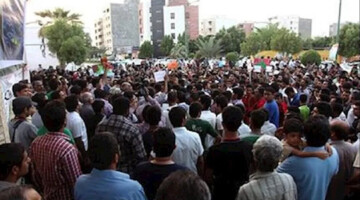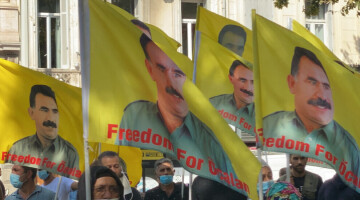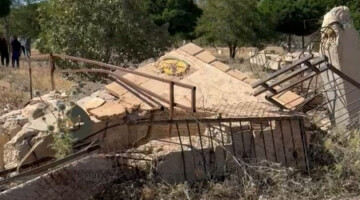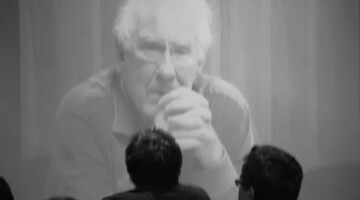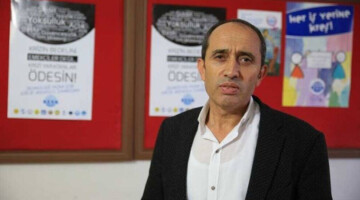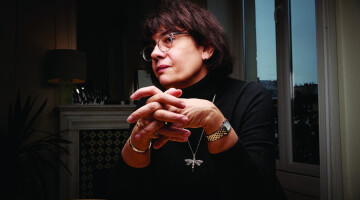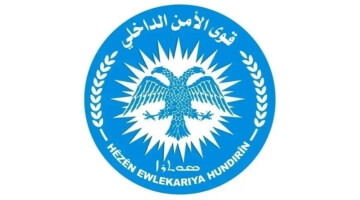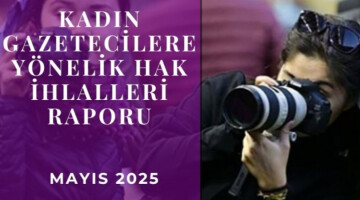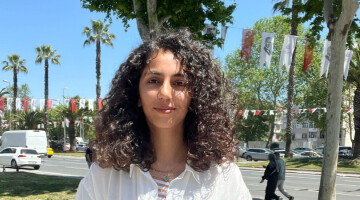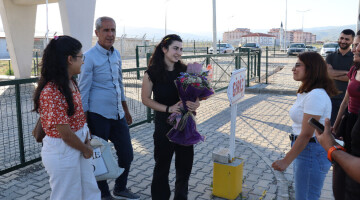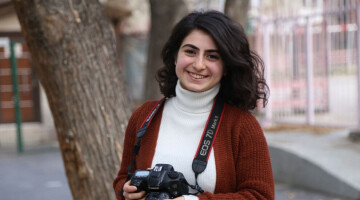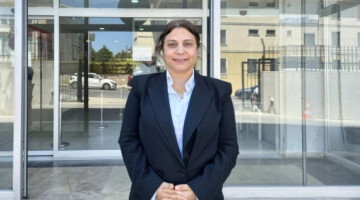Aziz Oruç, a news editor from the Mesopotamia News Agency (MA), who was detained along with 20 other colleagues during the house raids on June 8 in Amed (Diyarbakır), was imprisoned on 16 June together with 15 journalists. Oruç, who was arrested on charge of being a “member of a terrorist organization”, was interviewed by media outlet Evrensel in Diyarbakır D Type Prison where he is held.
Oruç, who was released only recently after an 11-month detention and continues his journalism career at the Mezopotamya News Agency, said that his arrest was due to his journalism activities and that he was “imprisoned once again unlawfully.” The journalist revealed that there are 3 ongoing lawsuits against him. He was also jailed during his student years at university. Oruç is now in prison for the third time. “Like tens of thousands of other people, I have been subjected to government persecution. Prison and crackdown are difficult to handle. I wish we hadn't paid such a heavy price, but when it comes to journalism and truth, we don't regret what we have done.”
THROUGH SOLIDARITY
Oruç expressed that his wife and two children are also going through difficult times because of his arrest. However, he stressed that they would overcome difficulties together again through solidarity. Believing that his arrest and trial are pre-planned, the journalist noted that there is a "confidentiality order" on their file.
“During our statements at the prosecutor's office we learned that not just the news and programs we made, but also the questions we asked during interviews were considered crimes. We realized that we were facing the crime of journalism. I've been making a TV program called 'Sound of the Street' for more than a year. Officials watched all the episodes to find a criminal element in my questions and police detained a young man just because he spoke to me. A young man who was detained in Isparta and held together with us during police detention waited for days without knowing why he was even detained. It was just tragicomic. It is forbidden to ask questions or answer them. This single event shows the reality of the situation.”
MESSAGE THROUGH KURDISH JOURNALISTS
“However, it should be known that none of our friends have committed any crimes and each of them is a very prominent journalist,” Oruç said. “The arrested journalists have been doing journalism for years. They were arrested for their journalistic activities. The goal is not to allow them to do their job. It is an operation against courageous journalists who continue the tradition of the free press. The voice of the Kurdish press is wanted silenced. A message to the 'West' is being conveyed through the Kurds and Kurdish journalists. I would like to give a message from here; we must be united, not divided. We must show solidarity without waiting for our turn. We must write without fear and be each other's voice. Otherwise, the result is obvious.”
WHAT DOES A JOURNALIST ASK?
“Even asking questions is considered a crime. Authorities keep asking questions like 'What do you mean by the Kurdish question?’, 'Is there a Kurdish question?’, 'Why did you ask about the detainees?', 'Why did you ask about the isolation?', 'Why did you ask about the operations?'. So, what does a real journalist really ask? We will continue to ask these questions. In the helicopter case in Van, our friends were asked: "Why don't you make tabloid and sports news?"
Oruç said that his son Aren and his daughter Nisa asked this question when they visited him: ‘Dad, are you in jail because you made news?’ Oruç replied that ‘Yes, I was jailed because I made news. This is the price you have to pay when you report news.’ But I told them that ‘I will be back.’
“We should handle the process together and I hope that we can meet again in our free days,” he added.
Oruç thanked Evrensel media outlet for the interview, saying, “Your solidarity is very important to us. Love to all your employees.”

